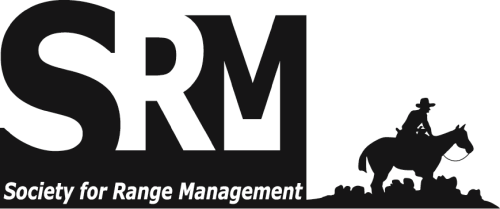Predator use of La Copita Research Area, a 1,093-ha ranch in south Texas, was determined from 2,037 telemetry locations of 11 coyotes and 5 bobcats and numerous sightings of uncollared predators from May 1985 through September 1986. Predator home ranges were small, approximately 3 km2 for both species, and densities were high despite intensive management operations and high levels of human activity. Slight avoidance by predators of cattle and the short duration grazing system was indicated. Roads and fencelines did not defer predator home range establishment and were used as travel lanes and hunting areas. Predators with established home ranges were highly mobile and moved between ranches. Thus, on small ranches in south Texas, management practices conducted on 1 ranch will likely influence predator use of the neighboring ranches as well. This material was digitized as part of a cooperative project between the Society for Range Management and the University of Arizona Libraries. The Journal of Range Management archives are made available by the Society for Range Management and the University of Arizona Libraries. Contact lbry-journals@email.arizona.edu for further information. Migrated from OJS platform August 2020

Scholarly peer-reviewed articles published by the Society for Range Management. Access articles on a rolling-window basis from vol. 1, 1948 up to 5 years from the current year. Formerly Journal of Range Management (JRM). More recent content is available by subscription from SRM.